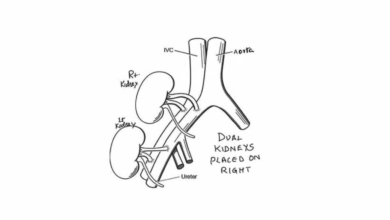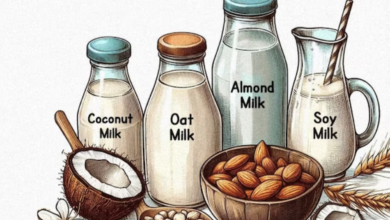Neonatal intensive care unit: Here’s when babies need it, how it helps premature babies
The neonatal intensive care unit must provide care for many premature infants and other babies with medical issues. They often spend the majority of their time in an incubator while there. Here’s when babies need NICU and how it helps premature babies.
Premature infants, sometimes referred to as preemies, are those that arrive before 37 weeks of pregnancy. The neonatal intensive care unit must provide care for many preemies and other babies with medical issues.
These babies often spend the majority of their time in an incubator while at the NICU. In an interview with HT Lifestyle, Dr Jagdish Kathwate, explained how an NICU incubator aids in creating the ideal environment for a newborn to flourish.
Talking about when do babies need an NICU, he said, “Incubators and NICUs in general are sometimes thought of as being exclusively for preterm infants. While premature delivery is a common reason for newborns to be in the NICU, there are other situations when a baby can require an incubator.” According to him, these include –
1. Breathing issues (due to prematurity, fluid in the lungs, or meconium): If a newborn is receiving treatment for respiratory problems, an incubator may be required.
2. Gestational diabetes: Babies whose mothers have the condition may require assistance breathing and controlling their body temperatures.
3. Infection: If a baby has an infection or is born with one, an incubator can keep them safe while they recover.
Throwing light on how does an NICU care helps premature babies, Dr Jagdish Kathwate said, “NICUs care for preemies and other ill newborns in a variety of methods, including incubators. Since it is a secure, regulated environment that promotes growth and healing, a newborn requires an incubator.” He listed the benefits as:
1. Temperature control – Preemies are less able to control their body temperature because they lack body fat and healthy skin. A newborn is kept warm by an incubator. The baby’s gestational age (how many weeks along they were at delivery), the baby’s lungs’ functionality, and other medical issues can all affect the temperature in the incubator.
2. Humidification – The purpose of a hospital incubator is not limited to temperature regulation. Skin is still forming in preemies, thus it is incredibly thin and sensitive. Many preemies are born before 34 weeks of gestation, when the skin reaches its completely developed state. 4 To protect the integrity of the skin, an incubator controls the humidity of the air.
3. Defending against irritants – Babies that are premature or sickly are more prone to infections and might be sensitive to loud noises and bright lights. An incubator shields infants from pathogens, allergies, and potentially harmful noise or light levels.
4. Treatment – A NICU incubator may cure patients in addition to provide protection. To treat the prevalent neonatal jaundice that affects newborns, it can be fitted with specialised lights.
Dr Jagdish Kathwate concluded, “It could be upsetting to watch if you’re a new mom whose kid is in an NICU —and much harder to be physically separated from your baby. It’s difficult when your infant is positioned behind a plastic wall and is connected to cables, tubes, and sensors but keep in mind that your preemie has the best chance of becoming a healthy, content baby with the help of an NICU incubator. Your infant will eventually be healthy enough to be removed from the incubator for skin-to-skin contact.”








